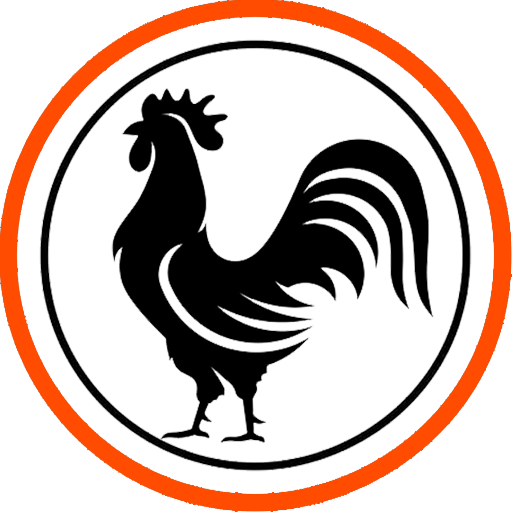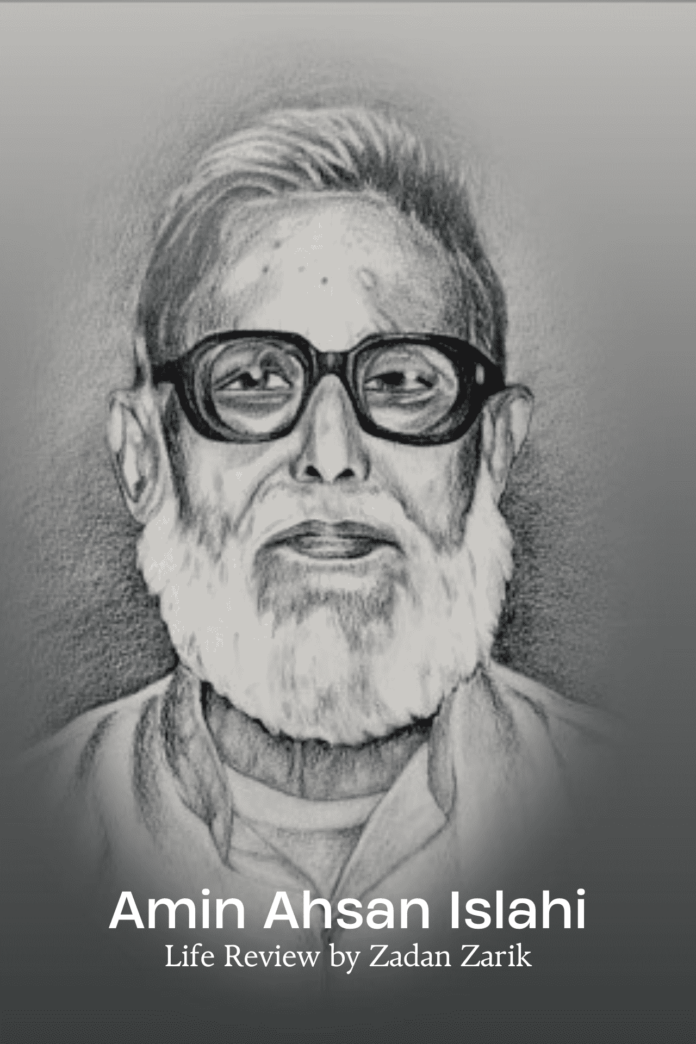Molana Amin Ahsan Islaahi wasn’t just a scholar; he was a rare breed of intellect who somehow made the vast ocean of Islamic thought seem both simple and revolutionary at the same time. When you pick up his work, you don’t get the sense of a scholar preaching from a pedestal, but of someone walking alongside you, guiding you through the maze of history, faith, and modernity. He didn’t just interpret the Qur’an—he provoked you to rethink it. His Tafseer Islaahi isn’t some dry commentary; it’s a challenge to anyone who dares to question the relevance of Islam today.
The man wasn’t about grand speeches or loud declarations. He was a thinker, not a performer. His words were measured, precise, and often unsettling, making you question the things you thought were already settled in your mind. In a world full of parrots repeating the same tired ideologies, Molana Islaahi stood out as someone who wasn’t afraid to stand alone, to sift through centuries of tradition with the sharp eye of a critic. He didn’t idolize the past or reject it either—he simply demanded that we think, and think deeply.
If you had the privilege of sitting with him, you’d notice something strange: there was no rush in him, no impatience. He wasn’t trying to fill the air with his opinions, but rather, he created space for others to think. There was always a challenge embedded in his words, but it wasn’t a challenge to your beliefs—it was a challenge to your intellect. He wasn’t just pointing out what’s wrong; he was giving you the tools to fix it.
Molana Islaahi didn’t play to the crowds. His critiques of society weren’t polished, and his solutions weren’t neat. He didn’t offer easy answers because he knew life wasn’t simple. He called for a transformation, not of individual minds, but of a whole way of life. For him, Islam wasn’t a theory or a political tool—it was a blueprint for living, an evolving framework for personal and social progress. He wasn’t trying to create followers; he was trying to create thinkers.
And maybe that’s why his work resonates even now. It wasn’t just a reflection of his time—it’s a critique of all times, a call to wrestle with complexity rather than run from it. He wasn’t here to hand you a set of rules, but to force you to ask: What are we really doing here?

